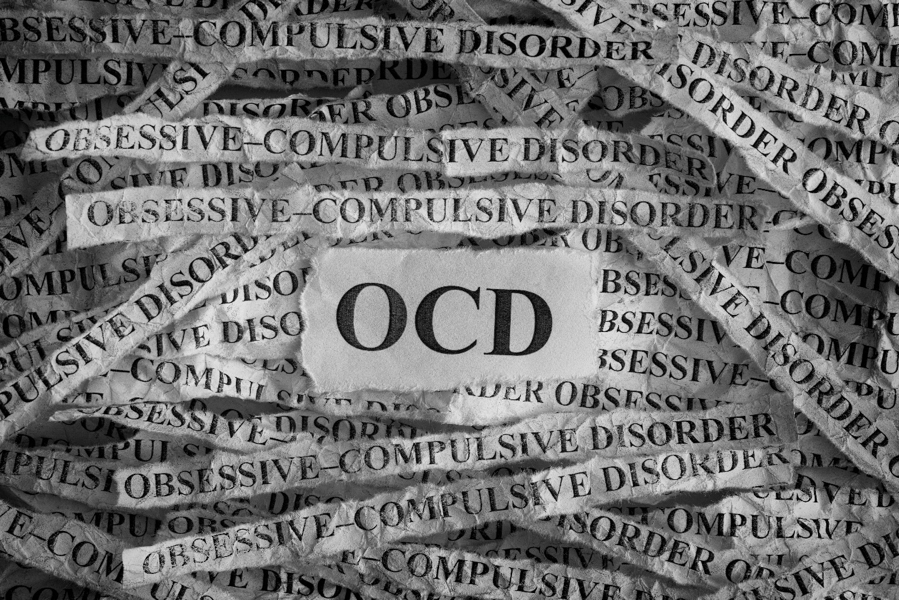Mental health and mental illness are two terms that are often used interchangeably, but they are very different. Everyone has mental health, whether it is good, bad or somewhere in the middle. With that said, however, people who have poor mental health do NOT necessarily have a mental illness, nor do individuals who have a mental illness necessarily have poor mental health. Both mental health and mental illness are affected by many factors, both internal (genetics, physical health, etc.), and external (life stress, surrounding environment, etc.). What impacts one individual may not impact another the same way.
In order to answer the question of whether or not good mental health can go hand in hand with having a mental illness, let’s first define each one so you can see what makes them different.

Mental Health: Mental health is a general term that refers to overall mental well-being,how well you cope with life, stress and difficult situations, and your general psychological and emotional state of mind.

Mental Illness: According to the CDC, mental illness is defined as “conditions that affect a person’s thinking, feeling, mood or behavior.” Mental illness can vary in symptomology and severity and is a condition diagnosed by a professional and needs treatment in order to manage it effectively.
A common misconception is that possessing what is considered “good” mental health does NOT mean you are happy all the time, and it certainly does not mean that you are free from stress or that you do not have a mental illness. Good mental health means you are able to cope with the challenges of life and are able to “bounce back” from setbacks.
The goal in treating a mental illness is to bring the individual to level state where they are able to not only survive, but thrive in everyday life. Working towards good mental health while in treatment for a mental illness serves to increase the odds of successfully managing your illness. For example, counseling with a licensed therapist can improve both your mental health as well as assist in managing your mental illness, creating a positive mindset cycle and leading to continued improved mental health.
How Do You Find Balance Between Your Mental Health and Your Mental Illness?
- Take care of the physical: eating well-balanced meals at regular intervals, getting regular exercise, keeping up to date with annual doctor appointments, etc.
- Take care of the mental: yoga, meditation, relaxation techniques, using mindfulness or other coping skills.
- Focus on one task at a time. The old phrase “jack of all trades, master of none” applies here. Our brains (and our bodies for that matter) were never designed to have the volume of stimuli and stress placed upon us on such a regular basis. The phrenetic climate that we currently live in leads most of us to believe that if we are not doing many things simultaneously, then we must be failing or need to strive harder.
- Be intentional about focusing on the positive. Having a mental illness can be challenging, but if you can find just one thing a day to be grateful for, it can go a long way in changing your mindset and therefore improving your overall mental health.

At the end of the day, striking that balance between managing your mental illness and working towards good mental health looks different for everyone. Small changes can have a major positive impact on your overall health, both inside and out!



